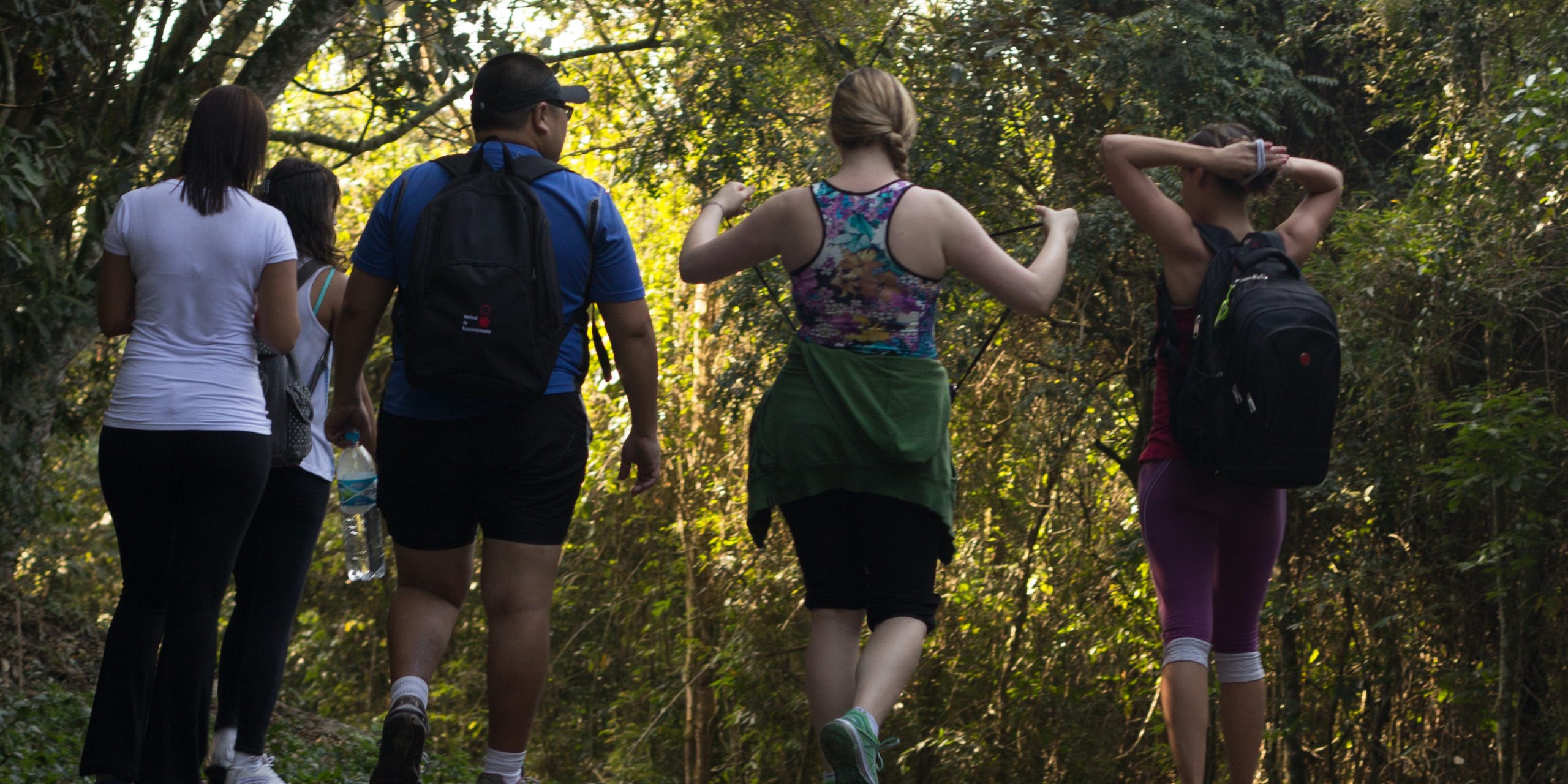
A study led by the University of Leicester has examined the association between BMI, walking pace and the risk of contracting severe COVID-19 and COVID-19 mortality.
The study of 412,596 middle-aged UK Biobank participants concluded that slow walkers are almost four times more likely to die from COVID-19 and have over twice the risk of contracting a severe version of the virus.
The team of researchers from the National Institute for Health Research (NIHR) Leicester Biomedical Research Centre was led by Professor Tom Yates at the University of Leicester.
The analysis found slow walkers of a normal weight to be almost 2.5 times more likely to develop severe COVID-19 and 3.75 times more likely to die from the virus than normal weight fast walkers.
We know already that obesity and frailty are key risk factors for COVID-19 outcomes. This is the first study to show that slow walkers have a much higher risk of contracting severe COVID-19 outcomes, irrespective of their weight.
A further key finding from this research was that normal weight slow walkers are more at risk for both severe COVID-19 and COVID-19 mortality than fast walkers with obesity. Furthermore, risk was uniformly high in normal weight slow walkers and slow walkers with obesity.
Fast walkers have been shown to generally have good cardiovascular and heart health, making them more resilient to external stressors, including viral infection but this hypothesis has not yet been established for infectious disease.
Whilst large routine database studies have reported the association of obesity and fragility with COVID-19 outcomes, routine clinical databases do not currently have data on measures of physical function or fitness.
The study was published on 26 February 2021 in the International Journal of Obesity. The analysis was restricted to England and outcomes were assessed during the first wave of the pandemic.